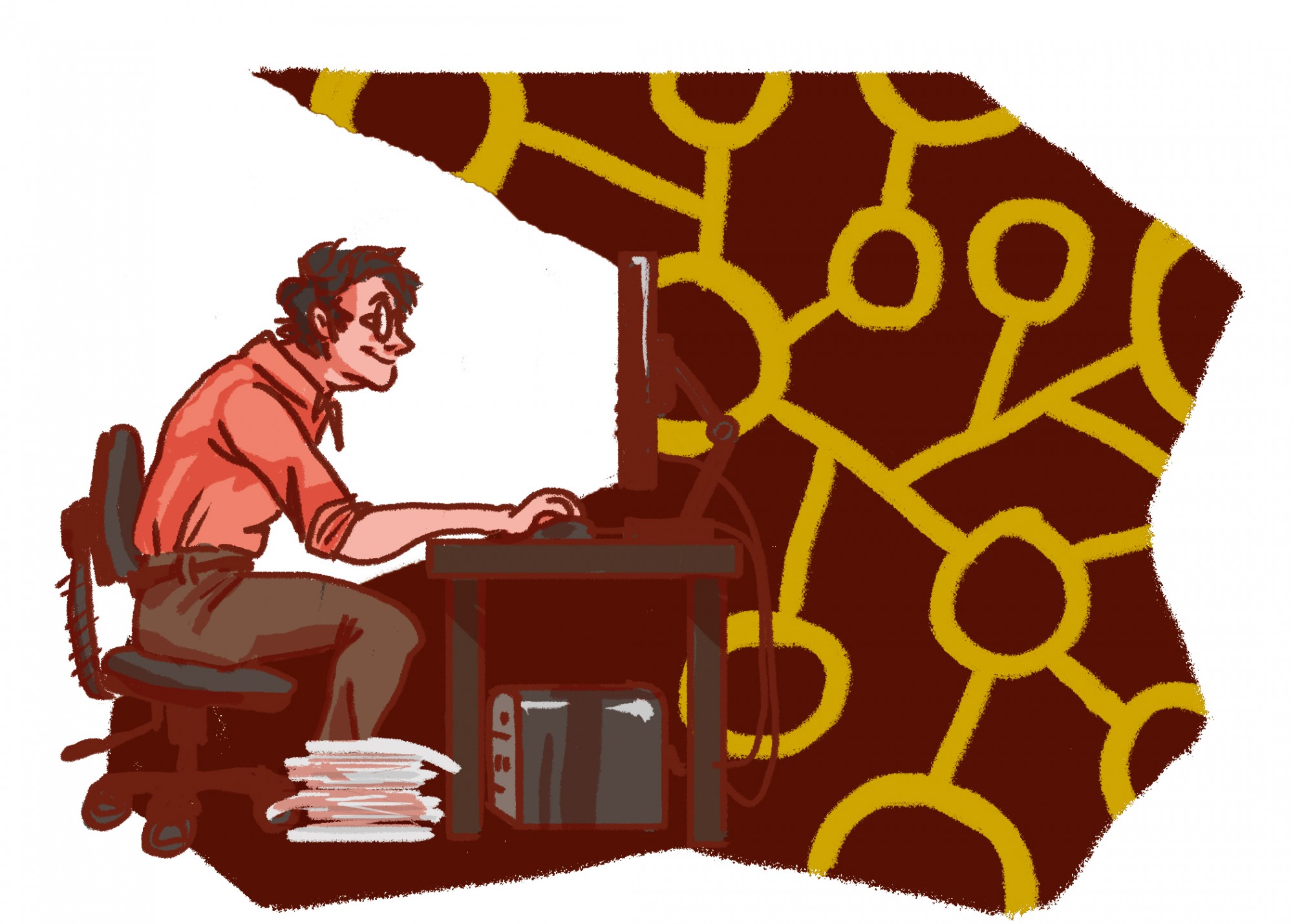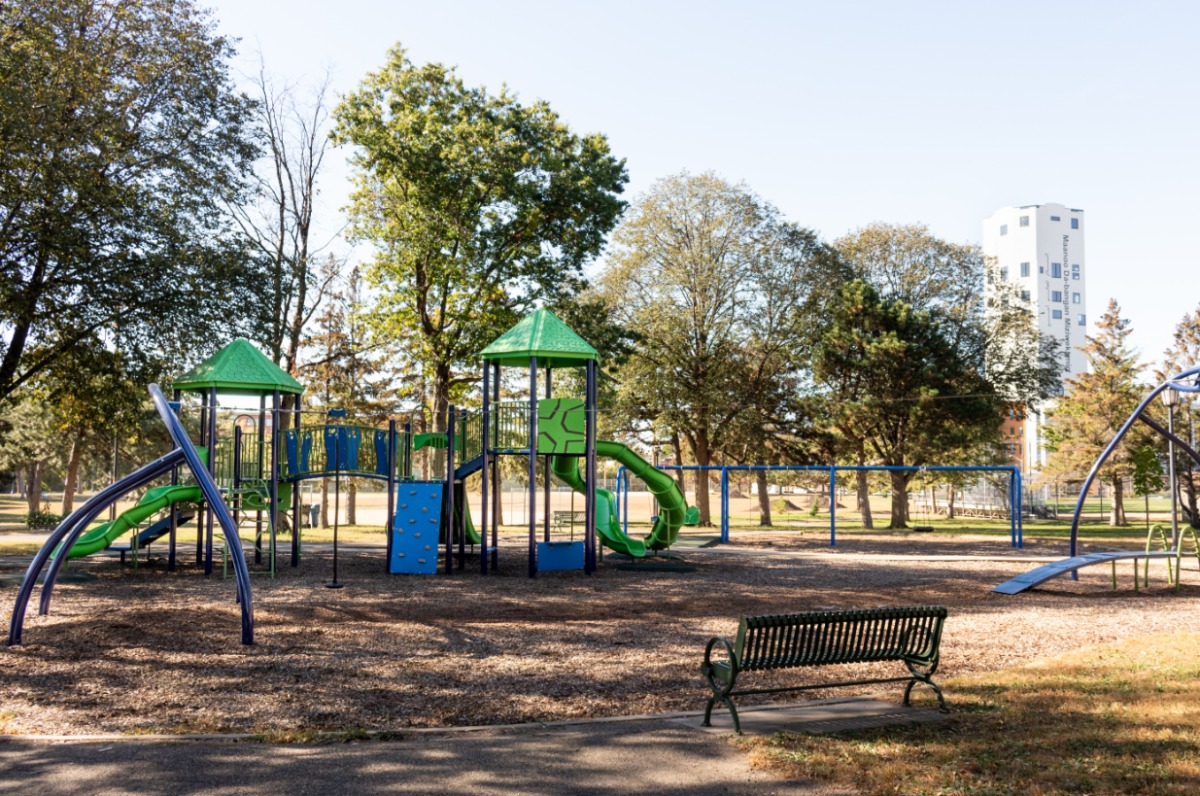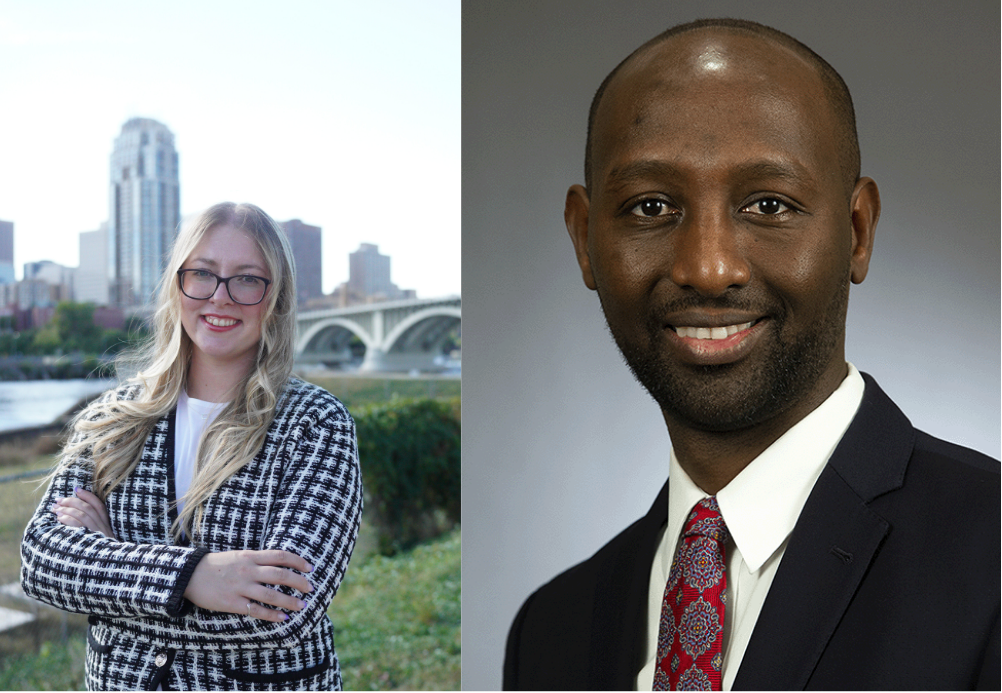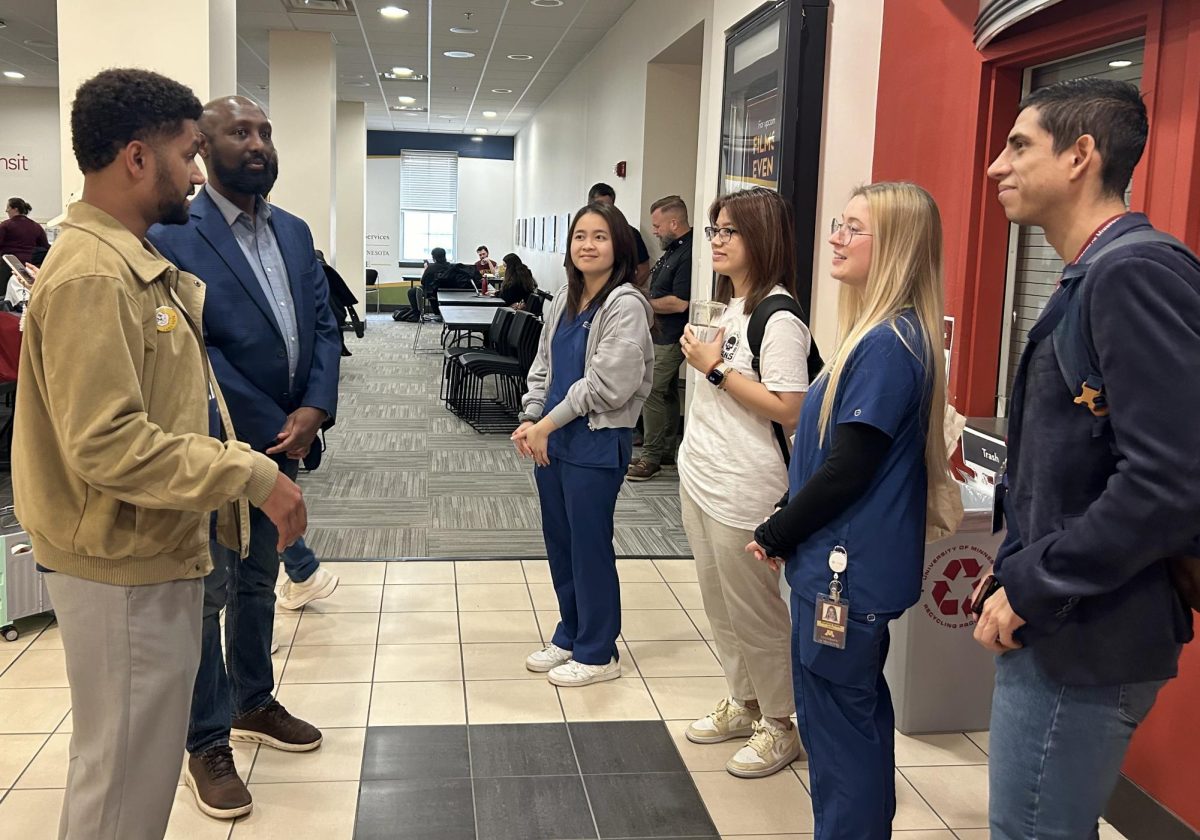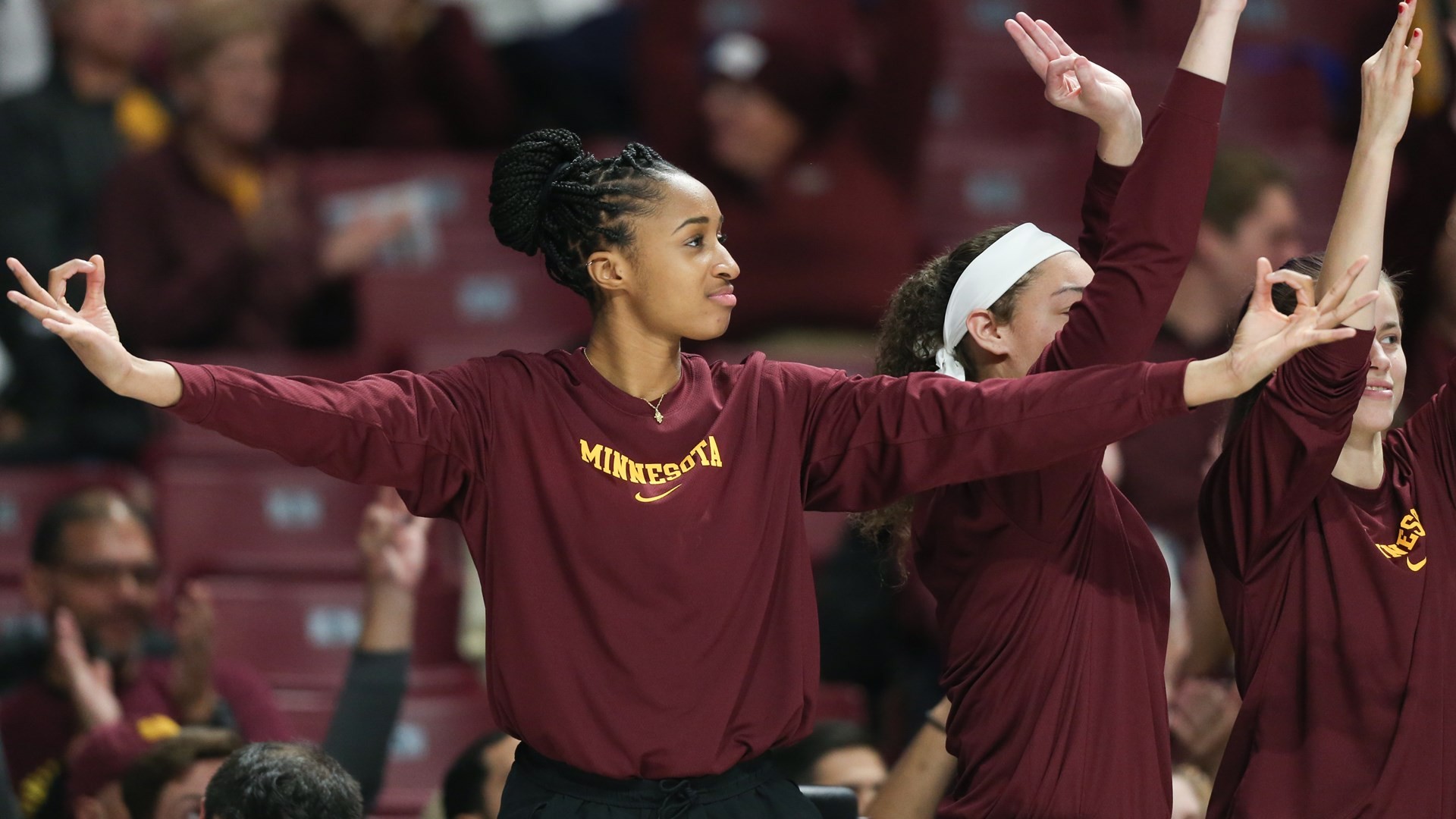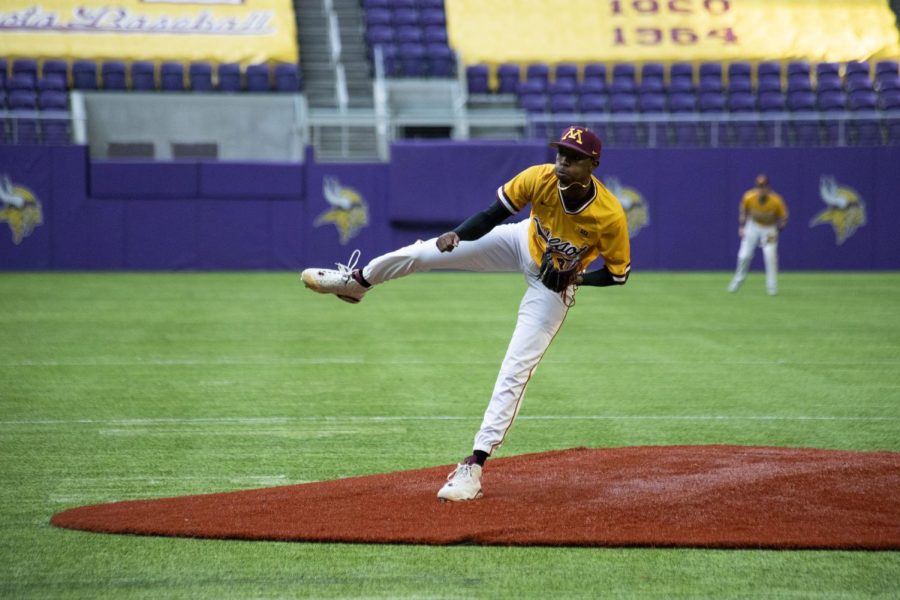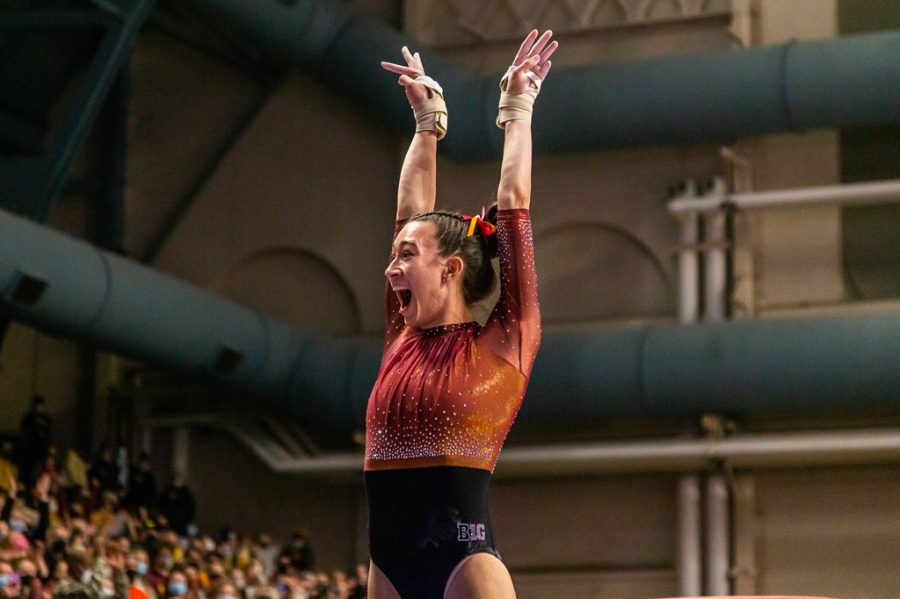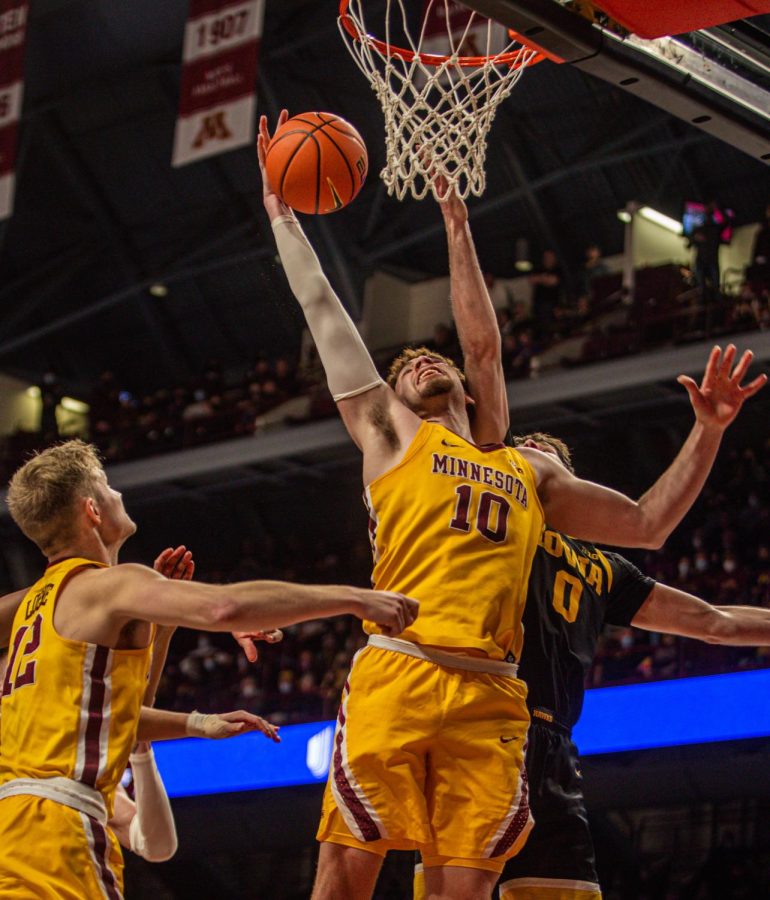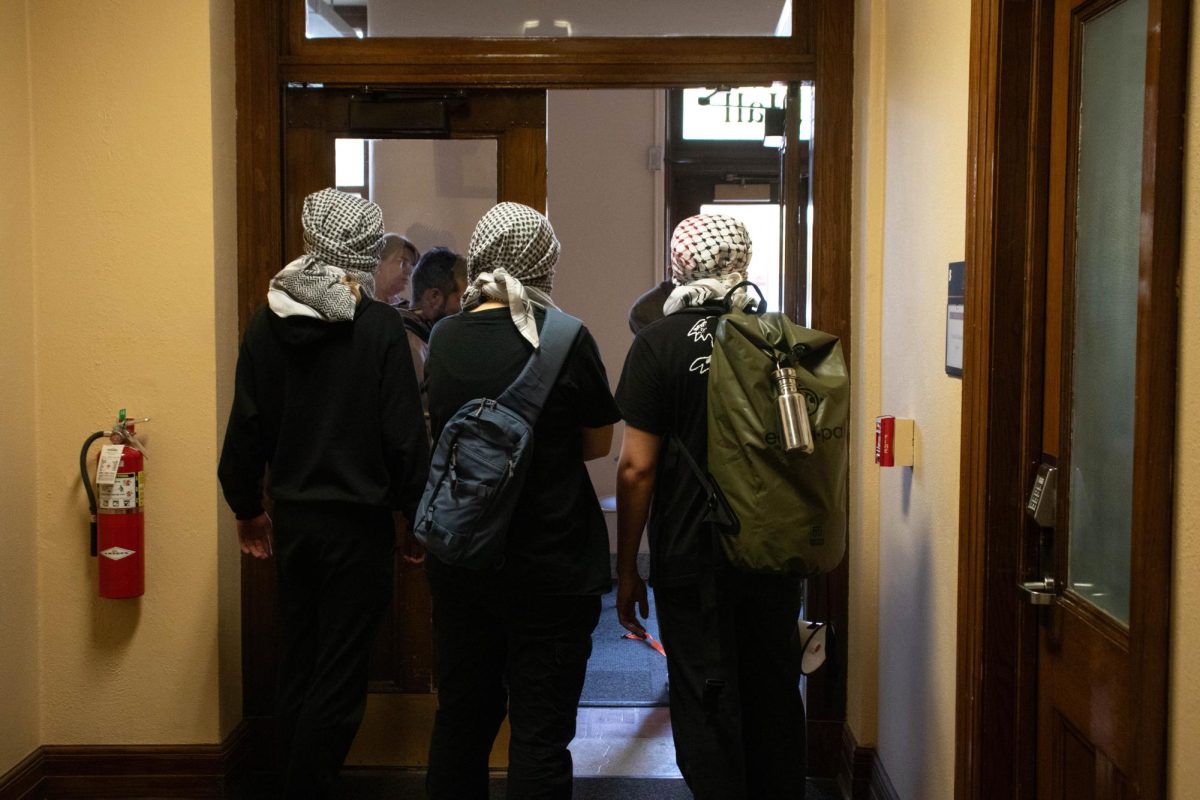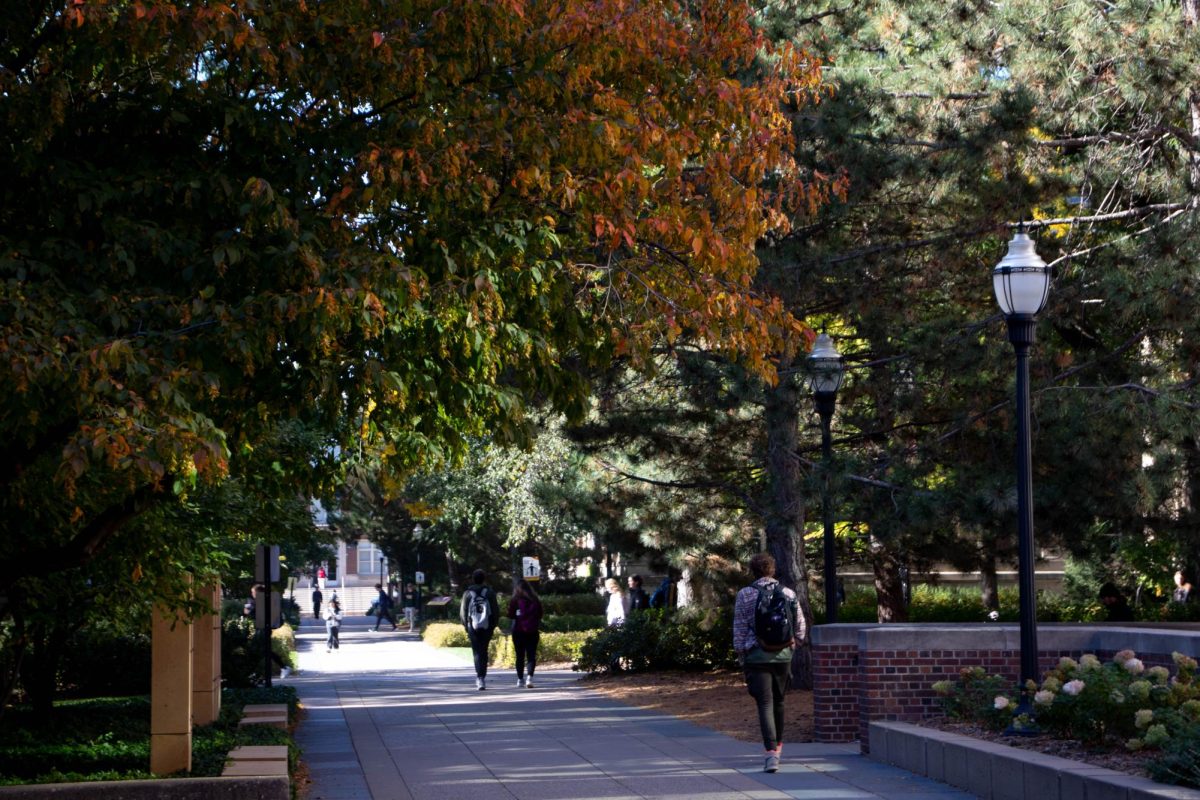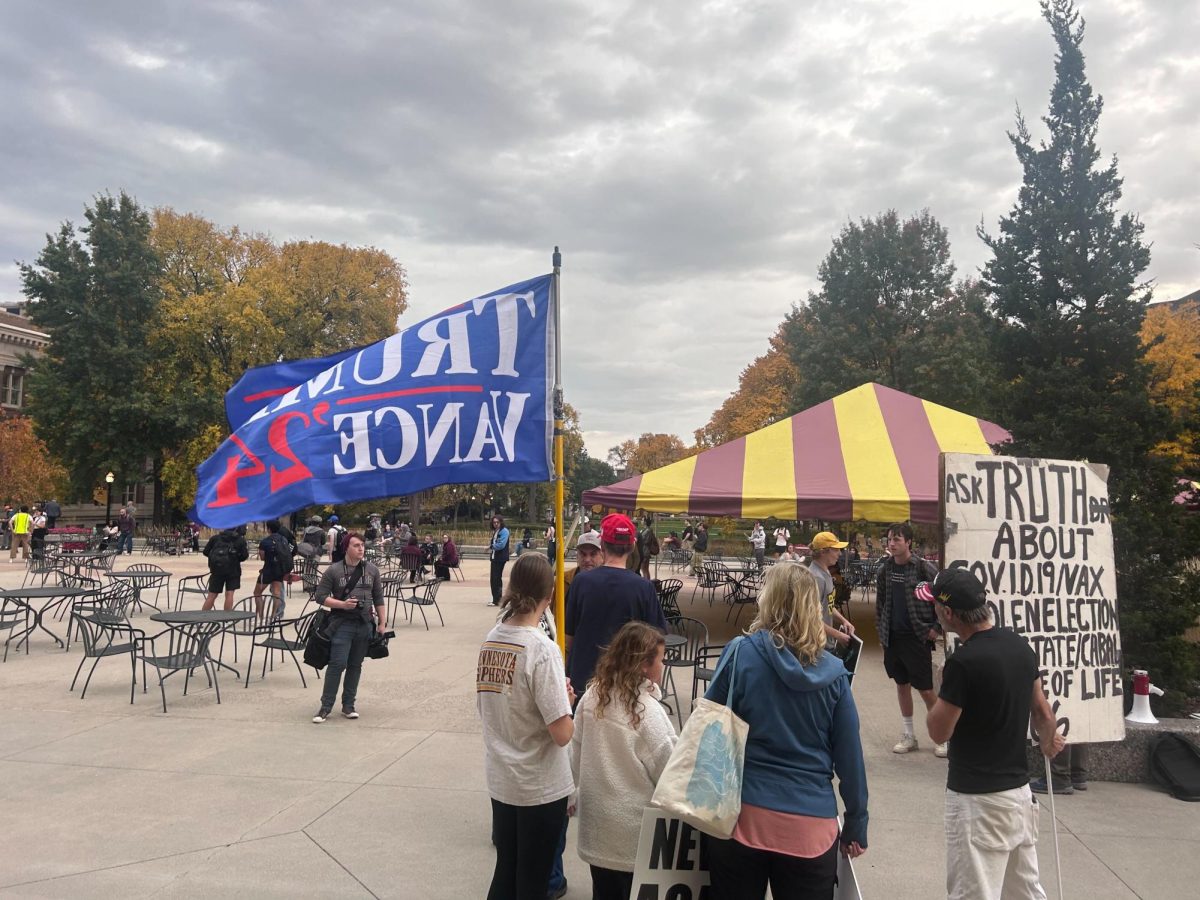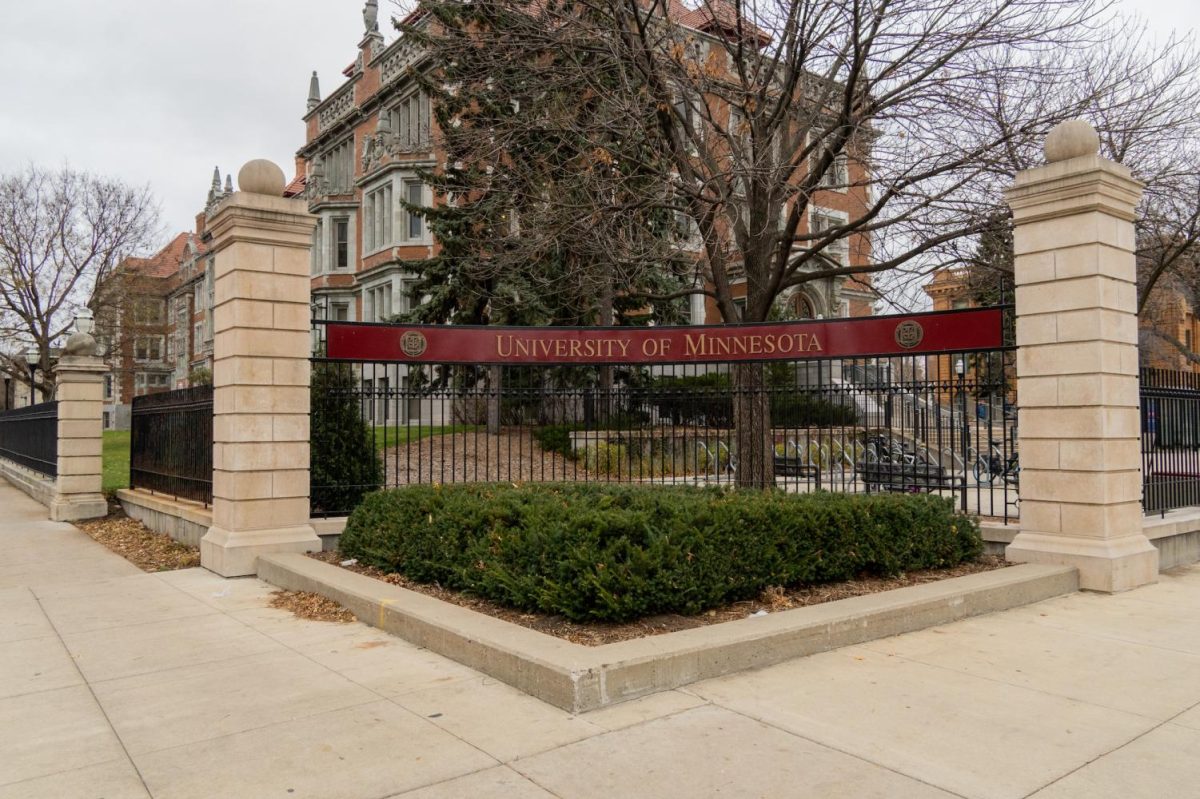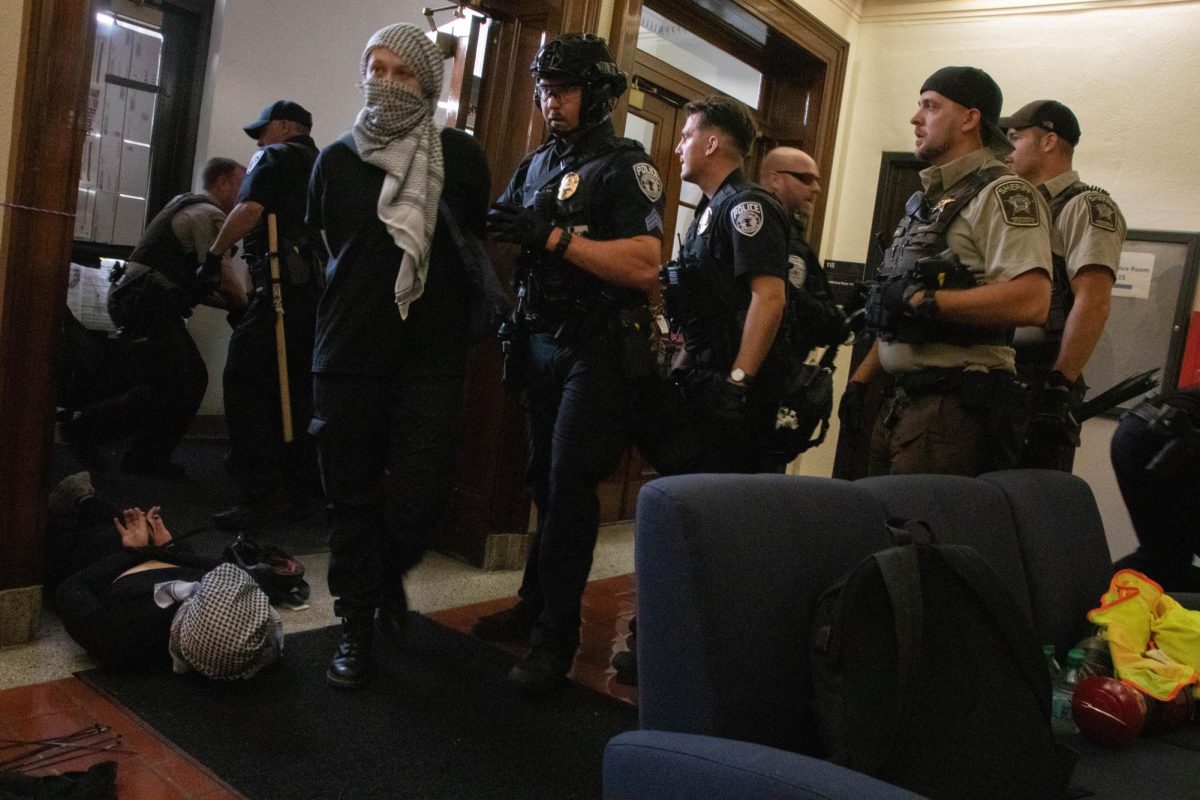After more than a year of online classes and meetings, faculty leaders at the University of Minnesota reflected on the challenges of operating online and the silver linings they discovered along the way.
The Faculty Consultative Committee (FCC), the group that represents faculty at the University as a whole, held its final meeting of the year Thursday, where they weighed in on future priorities and goals for the University. Senate leaders announced Thursday that all online operations for University governance committees would continue at least through the fall 2021 semester.
“As with everything else, [online operations have been] hard in some ways, but there’s been silver linings,” said Ned Patterson, the incoming FCC chair and University professor of veterinary medicine and genetics.
Operating remotely has made it easier to call meetings on urgent matters quickly, Patterson said. Attendance at meetings has also increased, which has allowed more people to present their ideas and opinions.
“I think it’s been great to have everyone on the same playing field in a Zoom platform,” said Colleen Flaherty Manchester, the incoming FCC vice chair and University work and organizations associate professor.
Listening to the perspectives of many different faculty around important topics like campus safety, racism and the COVID-19 pandemic has posed challenges for the FCC throughout the past year. Navigating the sometimes polarized opinions from faculty was difficult at times, as oftentimes no decision would result in complete agreement, Patterson said.
The increase in workload due to the pandemic was also challenging. Concerns around the pandemic and social justice accelerated conversations and decisions, and shone a spotlight on important issues the University needs to address, outgoing FCC chair and University chemistry professor Phil Buhlmann said.
“There were so many issues that we were tracking down, not only because of the COVID-19 pandemic, but also because of the killing of George Floyd,” Buhlmann said.
Similarly to students, faculty also struggled with productivity, burnout and making social connections with colleagues throughout the past year, according to Manchester, who studied the effect of COVID-19 on faculty in December 2020.
“The downside is … not having that ability to connect with colleagues and have those additional interactions that you would have just by being in the same proximity,” Manchester said. “That can make you feel a little more isolated.”
Buhlmann said he thought the FCC and University governance responded relatively well to the challenges brought about by the pandemic and social justice concerns. Although the University continues to have issues, collaborative governance allowed for more faculty and student voices to be heard over the past year in comparison to other universities, he said.
“The governance system at the University of Minnesota is really quite unique,” Buhlmann said. “It’s really very, very clear that in many other places, the faculty, the staff [and] the students haven’t been listened to as much as they have been here.”
The pandemic and online operations also allowed faculty to find new ways to teach, Manchester said.
“I think that even though it was a real challenge to bring everything online, many faculty were able to innovate and think critically,” Manchester said. “It’s kind of a forced reassessment of the way [we] do things.”
Buhlmann said he thinks faculty may use the lessons learned throughout the past year to improve future instruction for the benefit of students.
“I think the really tough learning experience that some of our faculty had through the last one and half years, they’re trying to put that now at an advantage and really try to benefit the students and create flexibility,” Buhlmann said.
Throughout the next year, the FCC plans to continue prioritizing diversity, equity and inclusion efforts, monitoring the COVID-19 pandemic, addressing student and faculty mental health and improving crisis communication with the University community, according to Buhlmann and Patterson.
The FCC will hold its next scheduled meeting in September.


